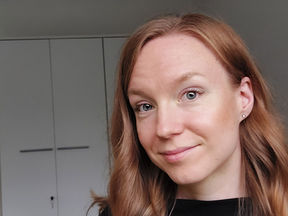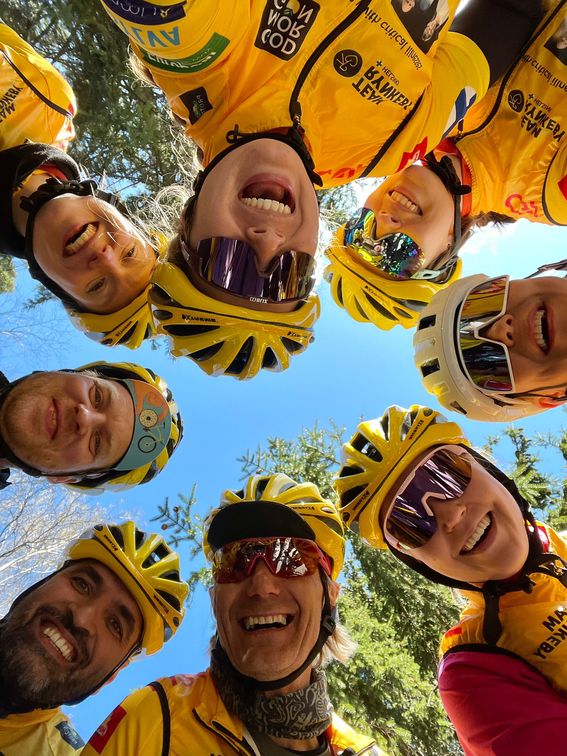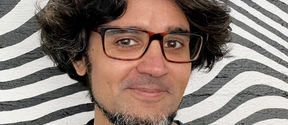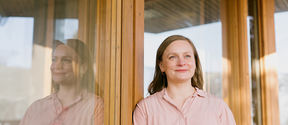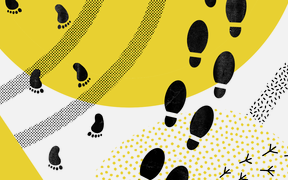Can you share a story about your work?
I started at Aalto five years earlier in a different building and in a different role, but now I have been an academic coordinator at the School of Engineering since the beginning of 2022. There was hardly anyone on campus at the time, and I sat alone in my room. I never learned to work remotely.
Luckily, however, technology manager Panu Sainio was on campus, and he knows everything about our school. Discussions with him were an important part of the orientation, and he was enthusiastic about the same things.
Since the end of the pandemic, more people with the same inspiring attitude have returned to campus. The long-term experience of these more informal mentors at Aalto is, I think, the richness and fuel for us, the new Aalto employees.
If I would work remotely, my work would become one-sided. There wouldn’t be an opportunity for random encounters, inspiration, spark, or encouragement. On campus, work becomes three-dimensional. I can knock on the door, take the same lift, or see people in the coffee room.
What's it like to walk in Maija Taka's shoes?
I have a background in geographical research, and I always have to have a map or a route. I'm not a drifter. I need to know where I'm going and why, at what pace and with whom. I run like Forrest Gump and try to get as many people as possible excited, involved and benefit from what I do, along the way. That's where the meaning of the work comes from for me.







